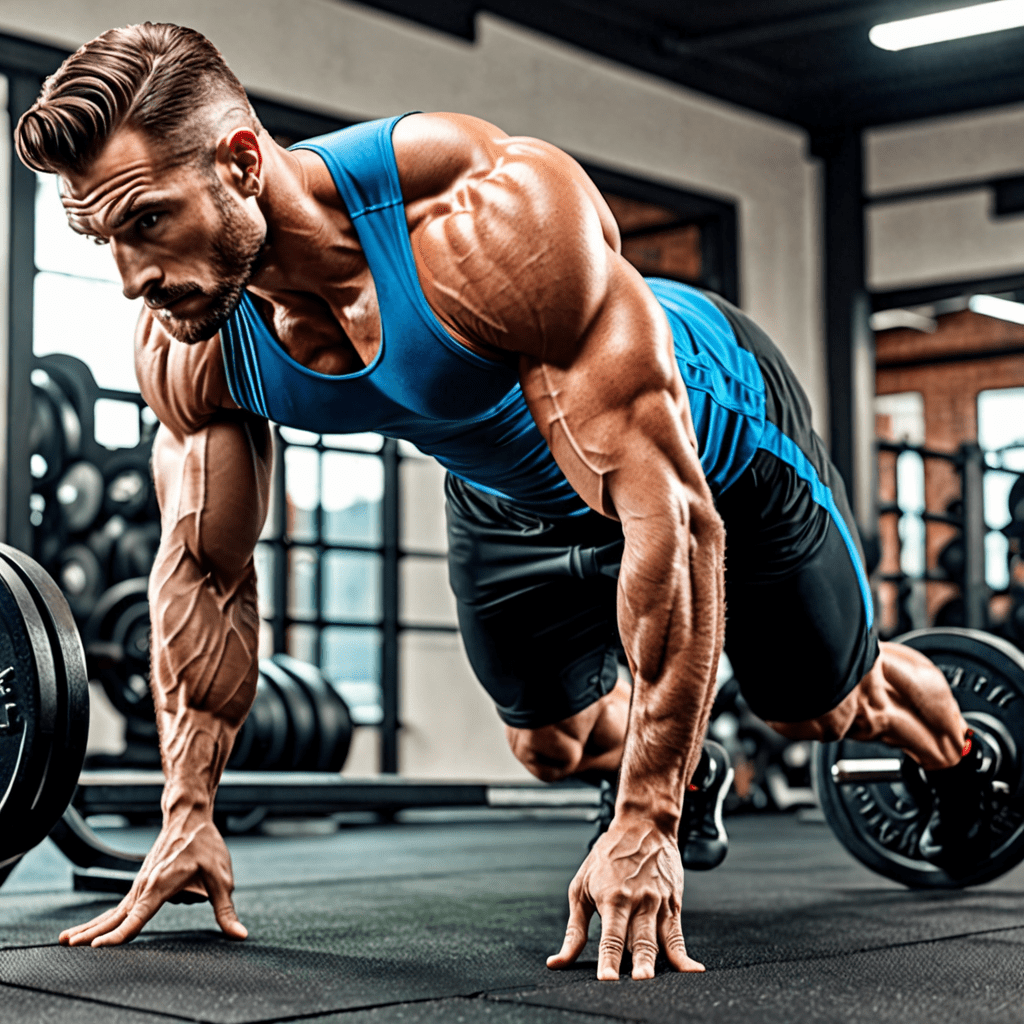10 Considerations for Hydration and Men’s Wellness
Proper hydration is essential for everyone, but men have unique needs when it comes to staying hydrated. Their larger body size and higher muscle mass mean they need to consume more fluids than women to maintain optimal health. Dehydration can have serious consequences for men, including fatigue, headaches, and even kidney stones.
1. Understanding Men's Unique Hydration Needs
Men have a higher water turnover rate than women due to their larger body size and higher muscle mass. This means they lose more water through sweat and urine, and they need to drink more fluids to stay hydrated.
In addition, men are more likely to engage in activities that lead to dehydration, such as strenuous exercise and heavy labor. They also tend to drink more alcohol, which can further dehydrate them.
2. The Role of Hydration in Male Health Maintenance
Hydration is essential for maintaining good health in men. It helps to:
- Regulate body temperature
- Transport nutrients and oxygen to cells
- Remove waste products from the body
- Lubricate joints
- Protect organs and tissues
When men are dehydrated, they may experience a number of symptoms, including:
- Fatigue
- Headaches
- Constipation
- Muscle cramps
- Dizziness
3. Consequences of Dehydration for Men
Dehydration can have serious consequences for men, including:
- Kidney stones
- Urinary tract infections
- Heatstroke
- Hyponatremia (low sodium levels)
4. Identifying and Addressing Dehydration Risk Factors
There are a number of factors that can increase the risk of dehydration in men, including:
- Strenuous exercise
- Heavy labor
- Hot weather
- High altitude
- Alcohol consumption
It is important to be aware of these risk factors and to take steps to stay hydrated when exposed to them.
5. Recommended Fluid Intake: Setting Realistic Goals
The recommended fluid intake for men is 8-10 glasses of water per day. However, this is just a general guideline. The amount of fluid you need to drink each day will vary depending on your individual needs and activity level.
If you are not sure how much fluid you need to drink each day, talk to your doctor or a registered dietitian. They can help you determine the right amount of fluid for your individual needs.
6. Strategies for Staying Hydrated Throughout the Day
Staying hydrated throughout the day is important for maintaining good health. There are a number of simple strategies you can follow to make sure you are getting enough fluids:
- Drink water throughout the day, even if you are not thirsty.
- Carry a water bottle with you and refill it throughout the day.
- Eat fruits and vegetables that are high in water, such as watermelon, cucumber, and tomatoes.
- Avoid sugary drinks, such as soda and juice, which can dehydrate you.
- If you are exercising or working in a hot environment, drink more fluids than usual.
7. Hydration During Physical Activity: Essential Considerations
Staying hydrated is especially important during physical activity. When you exercise, you sweat and lose fluids. If you do not replace these fluids, you can become dehydrated.
The amount of fluid you need to drink during exercise will vary depending on the intensity and duration of your workout. However, a good rule of thumb is to drink 8-10 ounces of water every 15-20 minutes.
If you are exercising for more than an hour, you may also need to drink a sports drink to replace electrolytes. Electrolytes are minerals that are lost in sweat, and they are important for maintaining fluid balance.
8. The Importance of Electrolyte Balance
Electrolytes are minerals that are essential for maintaining fluid balance in the body. The most important electrolytes are sodium, potassium, and chloride.
When you sweat, you lose electrolytes. If you do not replace these electrolytes, you can become dehydrated.
Sports drinks contain electrolytes, which can help to replace the electrolytes you lose through sweat. However, it is important to note that sports drinks are not necessary for everyone. If you are only exercising for a short period of time, you can simply drink water.
9. Hydration Beyond Water: Exploring Other Fluid Options
Water is the best way to stay hydrated, but there are other fluids that can also contribute to your daily fluid intake. These fluids include:
- Fruit juice
- Vegetable juice
- Soup
- Milk
- Sports drinks
It is important to note that some of these fluids, such as fruit juice and sports drinks, contain sugar. If you are trying to lose weight or manage your blood sugar, you should limit your intake of these fluids.
10. Personalized Hydration Plans for Optimal Well-being
The amount of fluid you need to drink each day will vary depending on your individual needs and activity level. To determine the right amount of fluid for you, talk to your doctor or a registered dietitian.
They can help you create a personalized hydration plan that will help you stay hydrated and healthy.
FAQ
Q: How much water should I drink each day?
A: The recommended fluid intake for men is 8-10 glasses of water per day. However, this is just a general guideline. The amount of fluid you need to drink each day will vary depending on your individual needs and activity level.
Q: What are the symptoms of dehydration?
A: Symptoms of dehydration can include fatigue, headaches, constipation, muscle cramps, and dizziness.
Q: What are the consequences of dehydration?
A: Dehydration can have serious consequences, including kidney stones, urinary tract infections, heatstroke, and hyponatremia (low sodium levels).
Q: How can I stay hydrated during exercise?
A: To stay hydrated during exercise, drink 8-10 ounces of water every 15-20 minutes. If you are exercising for more than an hour, you may also need to drink a sports drink to replace electrolytes.
Q: What are the best ways to stay hydrated throughout the day?
A: To stay hydrated throughout the day, drink water throughout the day, even if you are not thirsty. Carry a water bottle with you and refill it throughout the day. Eat fruits and vegetables that are high in water, such as watermelon, cucumber, and tomatoes. Avoid sugary drinks, such as soda and juice, which can dehydrate you.


